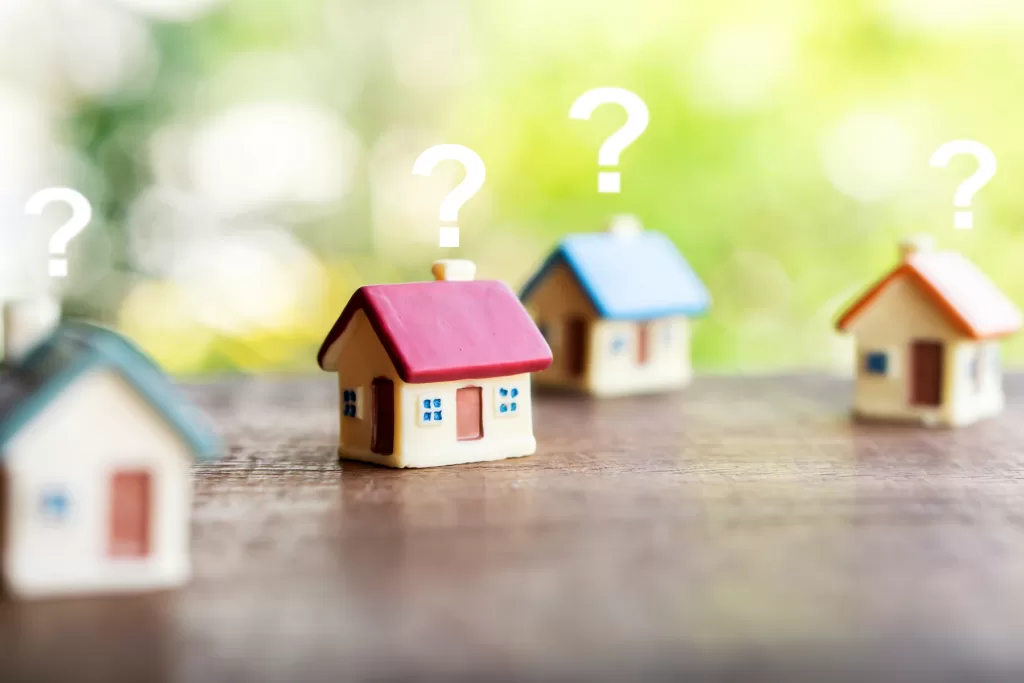Buying a home is a major life decision, and it's important to find the right house that meets your needs and fits your lifestyle. However, sometimes it's easy to get caught up in the excitement of the home-buying process and overlook important factors that can indicate that a house isn't the right one for you. In this article, we'll explore 10 signs that a house may not be the right fit for you when buying a home so you can ensure you don't have regrets on closing day:

Your financial situation is one of the most important factors to consider when buying a home. This includes things like how much you have saved for a down payment, your credit score, and any debt you may have. If a house is out of your price range, it's not the right one for you. Be sure to set a realistic budget and work with a reputable lender to determine how much house you can afford.
While cosmetic issues can be fixed, major structural issues are a red flag that the house may not be the right fit for you. Structural issues can be expensive to repair and can also be dangerous if not addressed properly. Hire a qualified home inspector to thoroughly inspect the house before making an offer.
Location is one of the most important factors to consider when buying a home. If the location doesn't meet your needs, the house may not be the right one for you. Consider factors such as proximity to work, schools, and amenities when evaluating a location. If you enjoy a quiet home, make sure it isn't too close to any major highways or noisy areas.
The layout of a house is an important factor to consider when evaluating whether a house is the right fit for you. If the layout doesn't work for your lifestyle or needs, it may not be the right one for you. The number of bedrooms and bathrooms, the flow of the house, and the overall functionality are all essential to not overlook.
The size of the house is an important factor to consider when buying a home. If the house is too small or too large for your needs, it may not be the right fit for you. Be sure to also consider your future needs – while a home may be just big enough for you now, make sure that you won't immediately feel cramped if your life circumstances change.
Whether you're moving across the country for a job or just ready to get out of your small apartment, it's easy to feel pressured to make an offer on a home. You may even feel pressured by the seller to make a deal. Work with a reputable real estate agent who can help you evaluate the house objectively so you don't have second thoughts down the road.
The neighborhood is an important factor to consider when buying a home. If the house is in a neighborhood you don't like, it may not be the right fit for you. Even if you're in love with the house itself, factors such as the quality of the local schools, crime rate, and the atmosphere of the neighborhood can make or break your experience in your new home.
If you can't picture yourself living in the house, it may not be the right fit for you. It's important to feel comfortable in your new home and to be able to make it your own. If you can't picture yourself decorating the space or spending a weekend hanging out at home, it may not be the right fit for you.
While some home improvements can add value to a house, too much work can be overwhelming and expensive. If the house requires too much work for your time or budget limitations, it may not be the right fit for you. Think about factors such as the age and condition of the house when evaluating if the upkeep is realistic for you.
Buying a home is a major life decision, and you should feel excited about the house you choose. If you're not excited about the house, it may not be the right fit for you. Trust your instincts and take your time in your search to find a home that makes you excited.